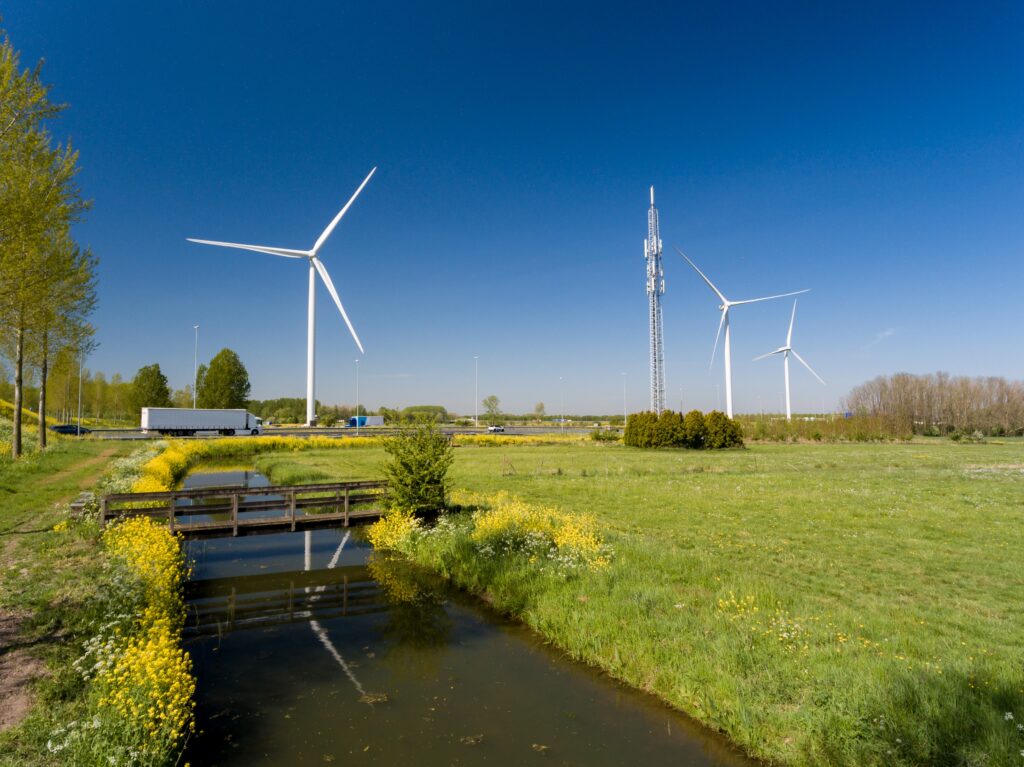Introduction
Europe is home to cities that are leading the charge in environmental sustainability and climate action. These cities are recognized globally for their innovative approaches and commitment to creating a greener future. This article highlights ten European cities that are making significant strides in environmental practices, each contributing to the global movement towards sustainability.
Copenhagen, Denmark
Copenhagen is a leader in environmental sustainability, aiming to become the world’s first carbon-neutral capital by 2025. The city promotes organic food, encourages biking as a primary mode of transportation, and supports eco-friendly shopping habits. Copenhagen’s residents actively participate in sustainability efforts, such as using personal containers for bulk purchases, reinforcing the city’s commitment to a greener lifestyle.
Helsingør, Denmark
Helsingør Municipality is dedicated to reducing its carbon footprint with a goal to cut CO2 emissions to just one ton per person by 2030 and achieve carbon neutrality by 2050. The municipality is implementing significant measures to ensure a cleaner and more eco-friendly environment for its residents, setting ambitious targets for sustainability.
Milan, Italy
Milan is notable for its efforts to combat air pollution and increase green spaces. The city’s comprehensive urban reforestation project, Forestami, aims to enhance the living environment by expanding green areas and improving air quality. Milan’s dedication to sustainability is reflected in its proactive approach to creating a healthier urban space.
Oslo, Norway
Oslo is transforming its public transportation by replacing traditional buses with 450 electric buses. The city’s goal is to be the first capital with an all-electric transport system by 2023 and to achieve complete emissions-free status by 2030. This €48 million initiative not only promotes environmental sustainability but also aims to reduce long-term costs, contributing to a cleaner and more efficient city.
Reykjavik, Iceland
Reykjavik is making strides in sustainability by harnessing geothermal energy for heating and reducing reliance on fossil fuels. The city is committed to achieving carbon neutrality by 2040 while promoting sustainable tourism that preserves its natural beauty. Reykjavik’s focus on environmental responsibility and people-centered practices sets a strong example for sustainable development.
Stockholm, Sweden
Stockholm is a pioneer in sustainable waste management and is working towards becoming fossil fuel-free by 2040. The city’s comprehensive approach includes waste reduction, recycling, and fostering a circular economy. Stockholm’s efforts in environmental sustainability are exemplified by its commitment to reducing its ecological footprint.
Turin, Italy
Turin is advancing sustainability through initiatives that promote eco-friendly living. The city has signed the Covenant of Mayors for Climate and Energy, pledging to reduce CO2 emissions by 40% by 2030. Turin’s focus on sustainable mobility and urban greenery reflects its dedication to creating a climate-resilient urban environment.
Munster, Germany
Munster excels in eco-friendly architecture and energy-efficient building practices. The city’s robust waste reduction and recycling initiatives underscore its commitment to sustainability. Munster’s efforts extend to its infrastructure and daily living practices, reinforcing its dedication to environmental responsibility.
Lund, Sweden
Lund is a leader in renewable energy, incorporating wind and solar power into its energy mix. The city integrates sustainability into its urban planning, fostering a green and eco-friendly living environment for its residents. Lund’s commitment to renewable energy sets a high standard for environmental stewardship.
Malmo, Sweden
Malmo is known for its innovative district heating systems and sustainable urban development projects. The city is working towards achieving 100% renewable energy by 2030, demonstrating a strong commitment to clean energy practices. Malmo’s focus on sustainability and green development sets an example for other cities to follow.
NGO Role in Fostering Environmental Excellence
Non-Governmental Organizations (NGOs) play a crucial role in supporting the environmental efforts of cities across Europe. Their contributions include:
- Advocating for Policy Change: Influencing policymakers to adopt environmentally friendly legislation and initiatives.
- Community Engagement: Driving awareness and active participation in environmental conservation efforts.
- Research and Development: Conducting research to identify best practices and innovative solutions.
- Capacity Building: Supporting cities in developing the knowledge and skills necessary for effective sustainability practices.
- Collaboration and Networking: Encouraging the sharing of successful strategies and developing joint initiatives for collective environmental impact.
Join the Action
Ready to make a difference? Join the 5P Foundation and help pave the way to a greener future! Here’s your opportunity to empower initiatives worldwide, amplify voices, and drive meaningful change. Every action counts in building an eco-conscious tomorrow. Visit our website to learn more and contribute to a sustainable future.





